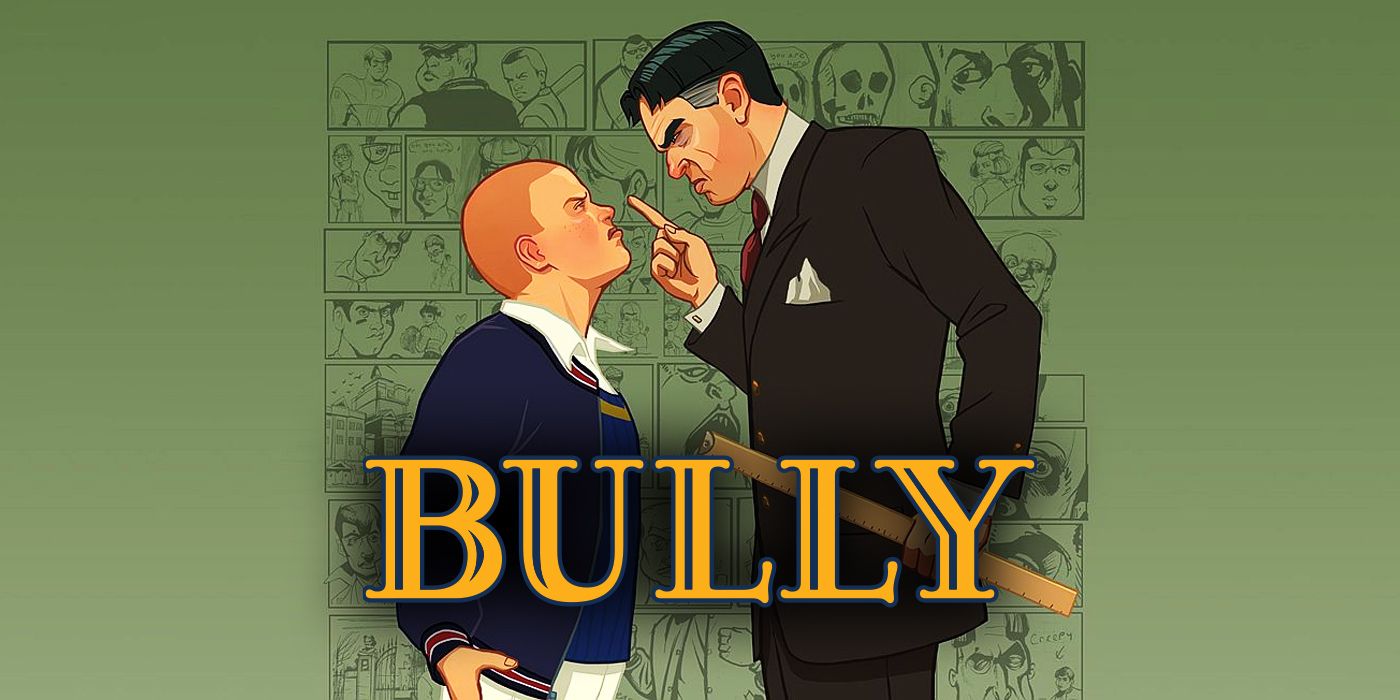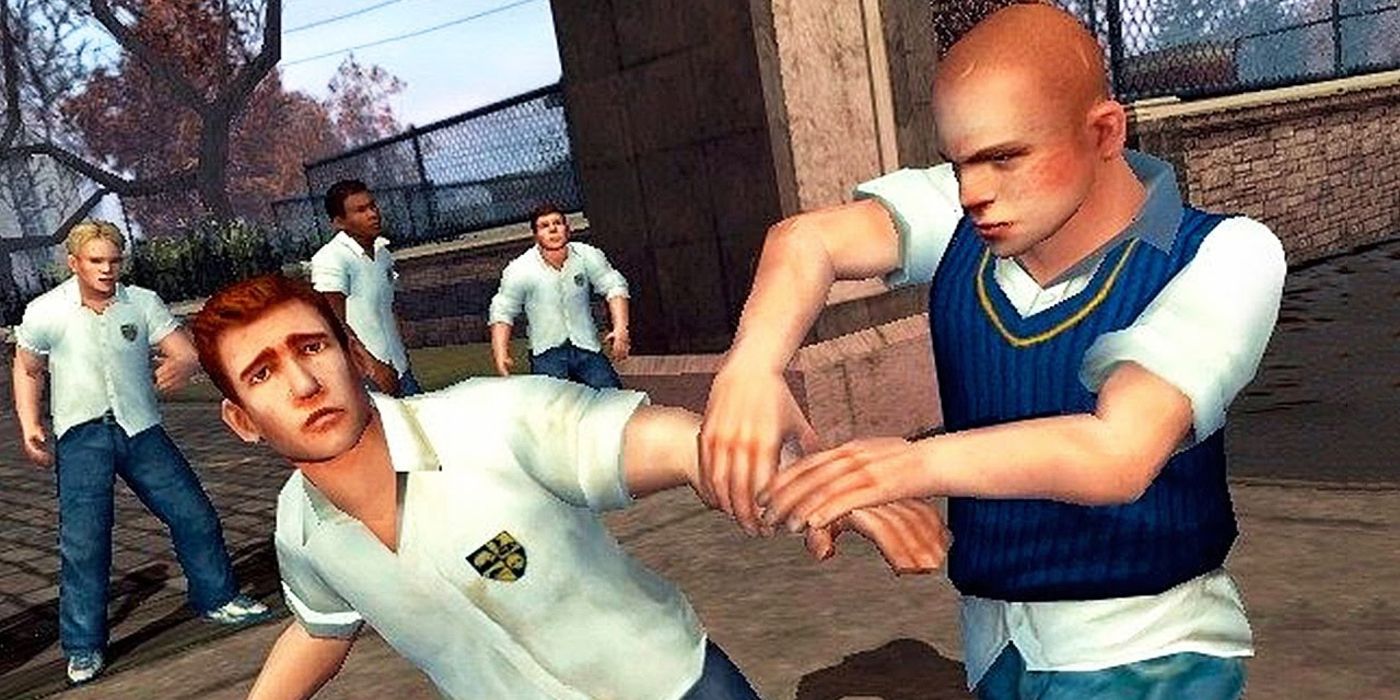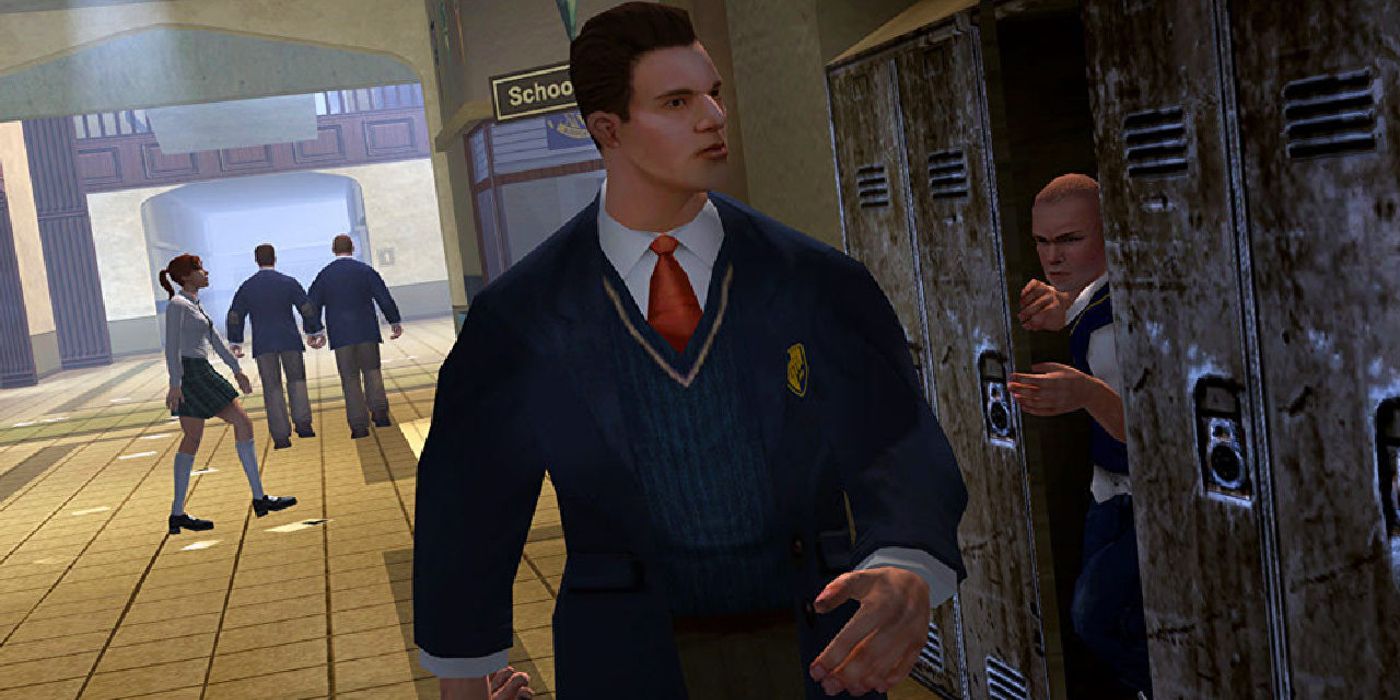For the past two decades, video game publishers Rockstar Games has been at the forefront of the gaming world. Starting with the release of the highly influential and controversial Grand Theft Auto III in 2001, Rockstar has since released a litany of generation defining titles including several GTA sequels, the Max Payne series, and both Red Dead Redemption and Red Dead Redemption II. For many companies, making one iconic game or series would be enough. For Rockstar, however, releasing bonafide classics is just a normal day at the office.
No time was better for Rockstar Games than the mid-2000's. Starting with Grand Theft Auto: Vice City in 2003 and culminating with Grand Theft Auto: San Andreas in 2005, the bar for open-world games had been set to an almost impossible standard that only Rockstar themselves seemed be able to match. Coming off a string of such successful releases that yielded both critical acclaim and massive profits, the pressure was on Rockstar to continue publishing games that fit snugly into the modern zeitgeist of gaming culture. Sure enough, they would deliver.
In the fall of 2006, Rockstar released Bully (known in the PAL region as Canus Canum Edit), a nifty and quirky game based around a teenager, Jimmy Hopkins, who is forcibly placed into a boarding school known as Bullworth Academy by his neglective mother and her new husband. Having a perilous reputation for bullying and all-around buffoonery, Bullworth proves a challenge for Jimmy as he struggles to adapt to the cliquey landscape while also maintaining his place high up on the social food chain.
Jimmy himself is perhaps one of the most nuanced video game characters of his time. He is extremely rough around the edges and often displays heavy-handed behavior towards his peers regardless of their affiliations, often being extremely blunt and callous towards everyone regardless of social status or stereotypical archetype. But there’s a lot more beneath Jimmy’s rough exterior than the game would initially have you believe. While the player is mostly in control of how virtuous or hedonistic Jimmy is in between cutscenes, the main story reveals more depth - he has little patience for the nonsense that constantly surrounds him, but he does have compassion for classmates who are unable to defend themselves from the dog-eat-dog nature of Bullworth Academy, and he goes to great lengths to create an environment where they don’t live in fear.
The gameplay in Bully is akin to what players have seen in past Rockstar titles as it is an open world game where the player can engage in story missions and side activities at their leisure. Because the game is based around school, a big part of the open world aspect revolves around the player attending classes in order to avoid getting in trouble with Bullworth’s unsparing prefects. Classes cover a wide variety of subjects such as English, science, geography, shop, gym, and others. While these classes are completely optional and aren’t integral to progressing through the main story, they are necessary to make your journey through the game much easier and more fun. Advancing in English class gives Jimmy the ability to more effectively apologize to people and get out of sticky situations. Gym class teaches Jimmy fighting moves to compete with the bigger, more brutish bullies that roam the school grounds. Excelling in shop class allows Jimmy to build bikes for the purpose of quickly traversing the campus and the surrounding neighborhood. And chemistry class allows Jimmy to construct weapons such as firecrackers, stink bombs, and itching powder. Should the player elect not to go to these classes, that’s fine. But school security won’t take too kindly to truancy and will vigorously pursue Jimmy if he is caught playing hooky.
A huge part of Bully’s charm is Bullworth Academy itself. Despite being a decade-and-a-half old, Bully perfectly captures the idea of what the high school experience is like by constructing a world that truly feels lived in and fleshed out. School students, including main characters, are seen roaming around randomly in between periods, communicating with their classmates before gradually disappearing into class. Once the bell rings, anyone who hasn’t already arrived to their respective classes will run frantically to avoid being late. School guards break up random fights in the hallways and around the dormitories while bullies ruthlessly roam the campus in search of defenseless victims that Jimmy can either save or further victimize. The world extends beyond the school grounds as well, with the city of Bullworth featuring several diverse districts where different cliques of students hang out when not on campus. Jimmy has tons to do in these areas too, including but not limited to getting a haircut, buying new clothes, taking boxing classes, skateboarding, or taking a girl on a date to the local carnival.
15 years later after its release, Bully remains a beloved title with a dedicated fanbase that shouts its praises from the rooftops. Its entertaining gameplay, likeable characters, and charming setting all make for an experience that has never been replicated by a video game to date. Despite sharing similarities to Rockstar’s previous Grand Theft Auto installments, Bully manages to shed itself of the tropes associated with open world titles and create its own unique style and feel. Even if the game uses classical archetypes and caricatures to fill in the gaps, the experience is a one-of-a-kind coming of age story that manages to turn its cheeky take on the contemporary teenager story into a meta tour de force full of heart and substance that graciously amalgamizes nostalgia and originality. Whether you enjoy playing roaming around with the class nerds, or studying the noble art of boxing with the preps, there’s something in Bully for anyone and everyone.
As with any game that captures the imagination of a generation, hopes for a sequel to Bully have been espoused on everything from message boards to subreddits. Unfortunately, it’s unknown whether or not we’ll ever see either a new installment in the future. But even if Bully is Rockstar’s one and only parody on the American teenager experience, it’s likely that most gamers are happy with what they have.



